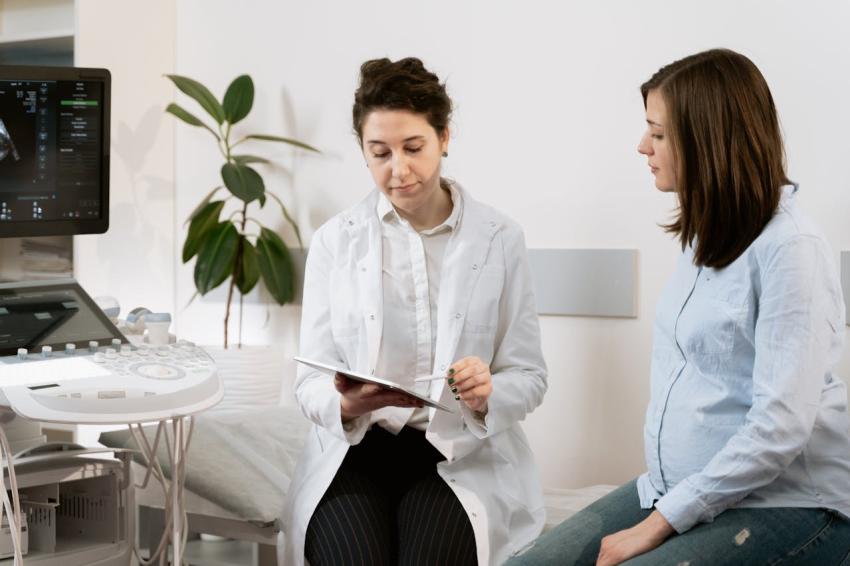The Integration Of Informatics In Nursing
The integration of informatics in nursing is transforming the landscape of healthcare delivery. By combining nursing science with information management and computer technology, nursing informatics enhances the decision-making capabilities of healthcare providers, improving patient outcomes and operational efficiencies.
As healthcare increasingly relies on digital systems, the demand for nurses proficient in informatics has surged. Many nurses are advancing their expertise through specialized educational tracks, including accelerated DNP programs that focus on informatics.

Nursing informatics applies information technology to various nursing disciplines, aiming to optimize information management, streamline processes, and increase the accuracy of patient care.
The core of nursing informatics lies in its ability to process and analyze health information, which enables more precise and effective nursing care. Informatics tools can include electronic health records (EHRs), patient monitoring systems, and telehealth technologies.
One significant benefit of nursing informatics is enhanced patient care coordination. Informatics allows for seamless communication between different healthcare providers, ensuring that all parties have access to up-to-date patient information.
This level of integration is crucial for complex cases involving multiple specialists, where the synchronization of treatment plans and medical histories is vital. Informatics systems help in maintaining a comprehensive and accessible digital record of patient interactions, treatments, and outcomes, which can be instantly available to any treating healthcare provider.
Moreover, nursing informatics significantly improves the quality of patient data collection and management. With sophisticated data analytics tools, nurses can monitor and track patient outcomes in real-time, identify potential risk factors, and adjust care plans promptly. This proactive approach in managing patient care helps in preventing complications, reducing hospital readmissions, and enhancing patient satisfaction.
The role of nursing informatics also extends to public health. Through the analysis of population health data, informatics can identify trends and outbreaks, inform public health policies, and guide preventive measures on a broader scale. This capability is crucial in managing and responding to public health emergencies, where rapid, data-driven decisions can save lives.
In terms of education, the integration of informatics into nursing curricula is becoming increasingly prevalent. Recognizing the critical role of technology in healthcare, many institutions now offer courses that specifically focus on informatics.
These courses are designed to equip nurses with the necessary skills to manage healthcare IT systems effectively and to utilize data in clinical practice. For those looking to specialize further, accelerated DNP programs offer an in-depth focus on informatics, preparing nurses for leadership roles in healthcare IT.
However, the integration of informatics in nursing is not without challenges. The adoption of new technologies can be met with resistance from nursing staff who are unfamiliar with digital tools. There is also the ongoing issue of cybersecurity and the need for stringent measures to protect patient data. Training and continuous education are vital in ensuring that nurses are competent and confident in using informatics tools.
In conclusion, the integration of informatics into nursing represents a significant advancement in healthcare. It not only enhances the efficiency and effectiveness of nursing care but also plays a pivotal role in healthcare decision-making and policy formulation.
As technology continues to evolve, the field of nursing informatics will undoubtedly expand, driven by the ongoing development of innovative solutions and the growing need for an informed, tech-savvy nursing workforce. The adoption of these technologies ensures that the nursing profession remains at the forefront of healthcare innovation.
